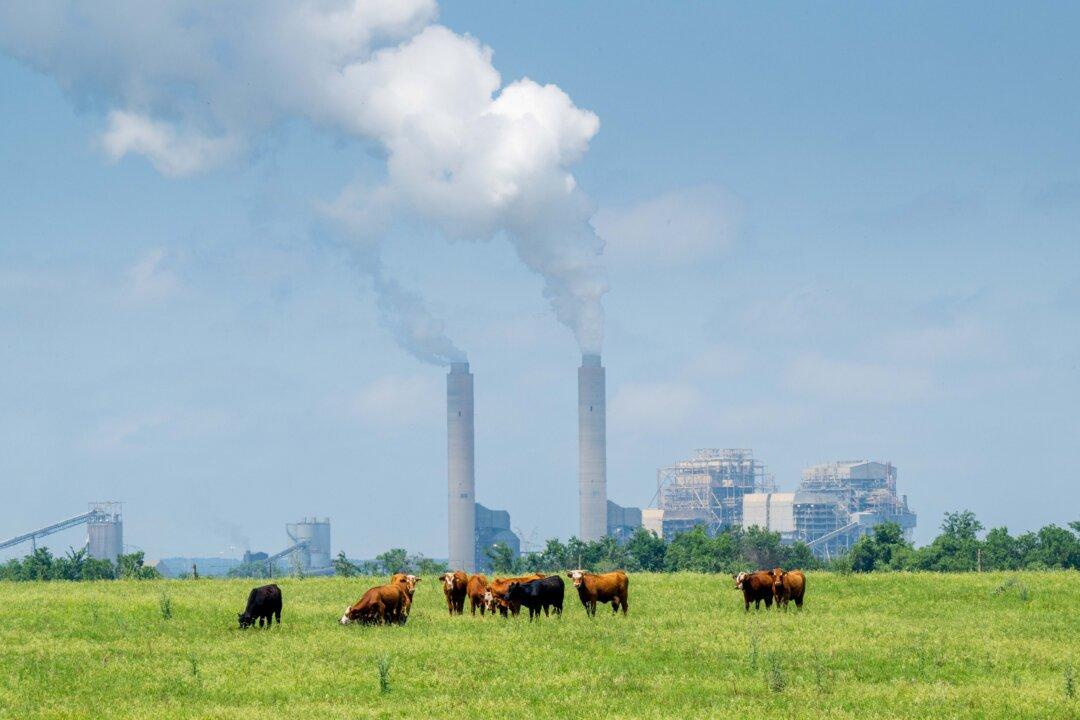Commentary
The concept of “the social cost of carbon” (“carbon” being used here as shorthand for “carbon dioxide”) has been around for at least 40 years, and has become more prominent in the past decade or so. In the briefest terms, the social cost of carbon metric is designed to try to quantify in economic terms what economists call an “externality”—in this case, the economic impact (past, present, and future) of human emissions of greenhouse gases into the atmosphere contributing to climate change.





